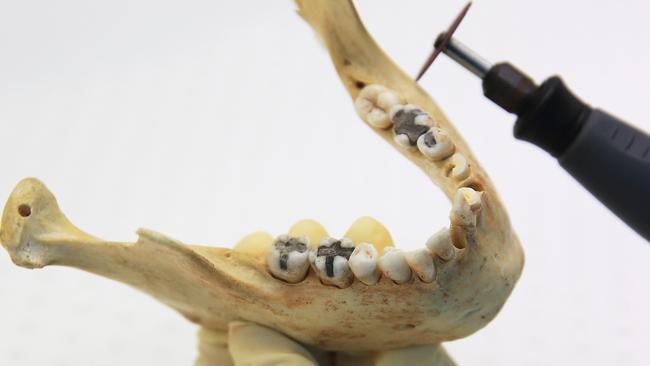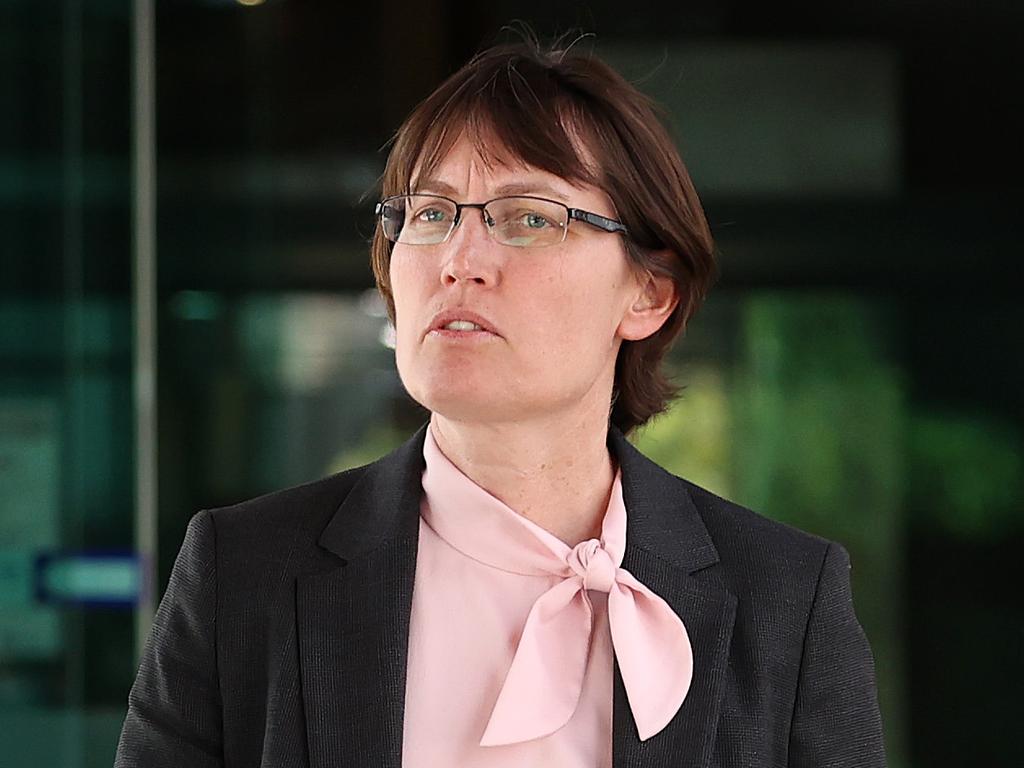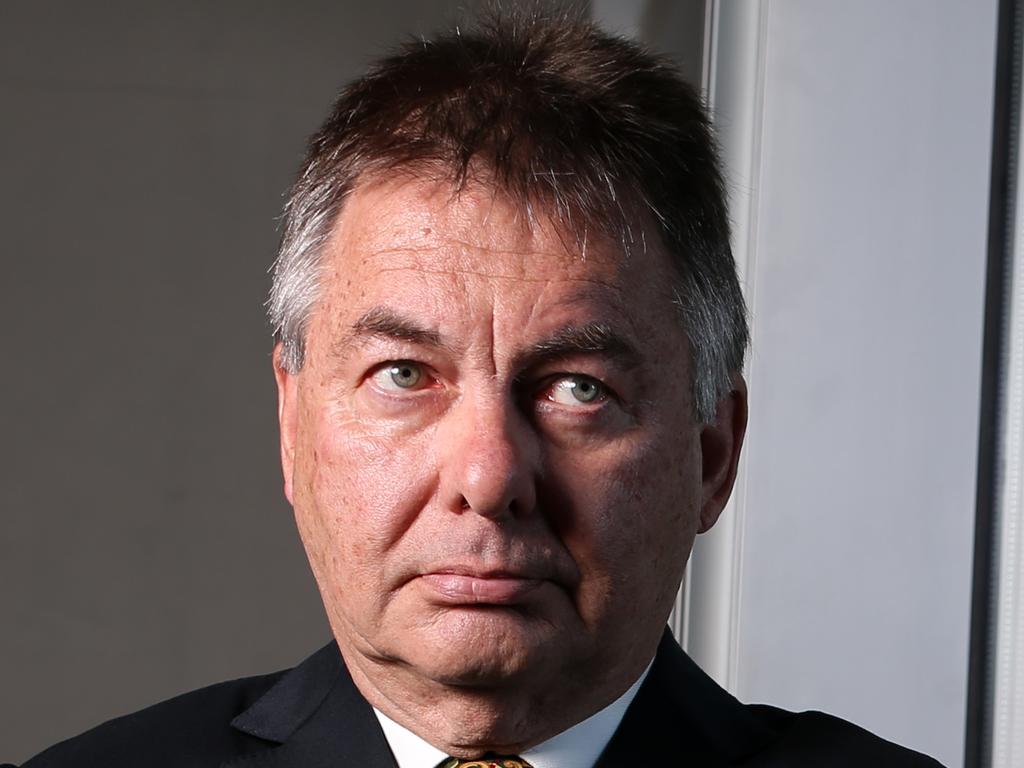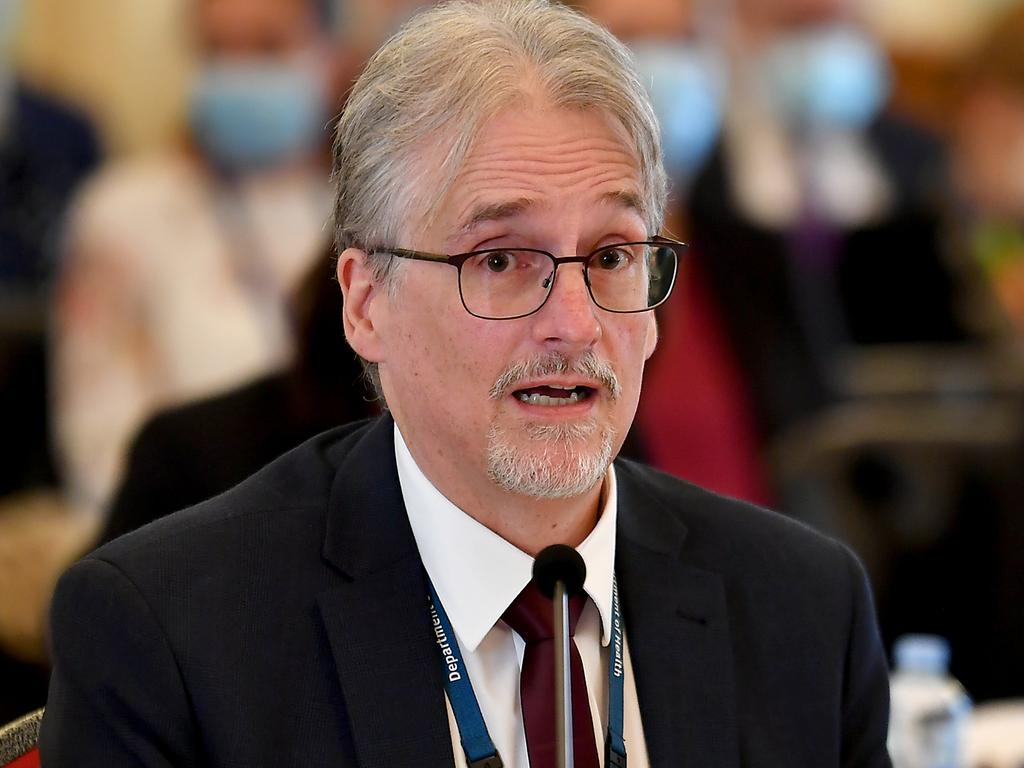Rusty chisels ‘caused DNA fail rate’
Rusty chisels and new testing equipment at Queensland’s forensics laboratory may have triggered a disastrous 50 per cent failure rate in detecting DNA in bones.

Rusty chisels and new testing equipment at Queensland’s forensics laboratory may have triggered a disastrous 50 per cent failure rate in detecting DNA in bones.
Angelina Keller, a forensic bone specialist, believes scientists‘ ability to identify victims from skeletal remains has been compromised by three major changes to processes at the government-run lab since 2019.
Her concerns about testing quality were so grave, she told a royal commission-style inquiry, that older bones with low levels of DNA should be sent to interstate labs for testing until problems in Queensland’s lab could be fixed.
Ms Keller, who has identified victims from crocodile attacks, plane crashes and cold case murders during her 16 years at the lab, said bone testing almost always returned a single-source DNA profile.
In November 2020, she began noticing samples containing more than one person’s DNA, which was a “concerning” red flag.
She believed rusty chisels could be contaminating samples.
“I thought it was very unusual,” she told the inquiry on Tuesday. “Currently I would say it is occurring a lot; previously, it would occur rarely. We have a problem and we have to find out what is going wrong.”
Ms Keller began tracking a high failure rate in detecting usable DNA profiles in an excel spreadsheet, shown to the commission.
“I haven’t actually done the statistics but it was already concerning me greatly as each case has come along,” she said.
Commissioner Walter Sofronoff KC noted: “Well a 50 per cent failure rate is not very good, is it?”
A new cleaning procedure and two new pieces of equipment were introduced between July 2019 and February 2021 which Ms Keller told the inquiry was “a fairly short period of time”.
“When you change more than one thing around the same time, it gets very difficult to pinpoint what the actual issue is,” she said.
A new way to clean the lab’s bone crushers, chisels and saws was introduced by senior scientist Allan McNevin in July 2019.
Ms Keller said Mr McNevin had “no experience in bones” and did not consult with other bone experts at the lab before deciding equipment would be run through a dishwasher with bleach and ethanol.
In May this year, Ms Keller noticed chisels used to chip away bones for DNA testing were “rusty due to the new cleaning regime”.
“Rusty chisels could be retaining DNA and contributing to the contamination of bone and teeth samples,” she said. “In my opinion, this equipment may not be effectively cleaned in this way.”
Queensland Health lawyer Glen Rice KC suggested Mr McNevin did not implement new cleaning technique “on some whim”, given bleach and ethanol were used to clean equipment in other parts of the lab.
The inquiry is investigating practices and culture at the lab following revelations by The Australian’s investigative podcast Shandee’s Story about the murder of Shandee Blackburn.
Staff at the lab claim forensic failures occurred alongside a “toxic culture”, where scientists were afraid to speak up and felt they would have a “target on (their) backs” if they did.
Ms Keller told the inquiry the workplace culture had deteriorated since 2017, despite Queensland Health employing external consultants and mediators to smooth tensions. She said she had felt “dismissed” by managers when raising concerns about policies in the past.
Scientists, including Ms Keller and Alicia Quartermain, felt untrusted, given pens and post-it notes were stored in a locked cupboard. “Our stationery cupboards are locked. I need a science degree and a police check to get my job. I need a pass to access campus,” Ms Quartermain said.







